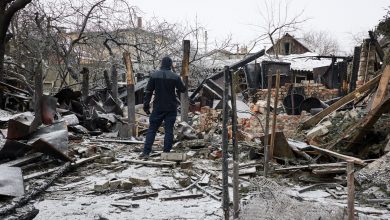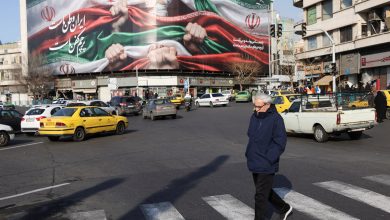Rabat – Moroccan trade unionists and legal experts have sounded the alarm over a series of new legislative proposals by the Moroccan regime (Makhzen), which they argue institutionalize the subjugation of citizens and intensify arbitrary arrests. During a conference organized by the Moroccan Human Rights Space, experts called for broad resistance to counter the government’s controversial strike law proposal, urging a thorough revision of these problematic legislative projects.
The conference, titled “The Crisis of Legislation in Morocco and the Question of Human Rights,” focused on key legal proposals that have sparked wide controversy among civil society activists, academics, and practitioners. Among these contentious projects are the Civil Procedures Law, the Criminal Procedures Law, and the Strike Law.
Strike Law: Curtailing Workers’ Rights and Strengthening State Control
During the conference, Younes Firachin, Secretary General of the National Education Union, criticized the proposed Strike Law, saying it grants the state the power to force citizens to work to maintain minimum services, undermining labor rights. Firachin highlighted the increasing dominance of neoliberal policies within Moroccan legislation, marked by the privatization of public sectors, erosion of social protections, and restrictions on rights and freedoms.
He further criticized the government for excluding trade unions from discussions on the Strike Law, bypassing participatory dialogue. “This proposed law contradicts international agreements, such as the International Covenant on Economic, Social, and Cultural Rights, ratified by Morocco in 1979, as well as the International Labour Organization’s standards,” Firachin noted.
The union leader also stressed that the provisions of the law violate Morocco’s constitution, which guarantees the right to strike without limiting it to specific groups. He called for the creation of a broad coalition to oppose this law, which threatens to restrict all sectors of civil society.
Civil Procedures Law: Excluding Citizens and Undermining Justice
Hassan Sni, a lawyer at the Casablanca Court, focused on the proposed Civil Procedures Law, highlighting the lack of participatory dialogue in its drafting, in violation of the 2011 Moroccan Constitution, which mandates consultative processes in law-making. Sni expressed concern that the law was developed without assessing its social impact on citizens or its consequences for fundamental rights and freedoms.
He also warned that the new law restricts access to justice by limiting certain groups from appealing decisions to higher courts, thereby violating the principle of equality. Additionally, Sni criticized provisions that prevent citizens from enforcing judgments against the state and prohibit the seizure of public assets, creating legal inequality in favor of the government at the expense of ordinary citizens.
Criminal Procedures Law: Legitimizing Arbitrary Arrests
Lawyer Hassan Harrouch addressed the proposed Criminal Procedures Law, criticizing its first article for presenting “misleading slogans” about fair trials and reasonable timeframes for justice. However, he argued, the law is undermined by a security-focused approach that infringes on civil liberties.
Harrouch pointed to several flaws in the proposal, particularly the imbalance between prosecutorial power and defense rights. He denounced the legalization of arbitrary detention, referring to Article 66 of the law, which states that the time required to transfer detainees between cities or for medical treatment will not count toward the legal detention period. This provision, Harrouch argued, opens the door to abuses and extends detention arbitrarily.
Conclusion: A Call for Resistance and Reform
The participants in the conference emphasized the need for a united front to confront the authoritarian measures embedded in these legislative proposals. They warned that these laws threaten the rights of citizens, undermine the principle of equality before the law, and further entrench state control over public and private life.
The experts called on civil society organizations, trade unions, and activists to mobilize against these legal projects, urging the government to rethink its approach and respect the principles of dialogue, accountability, and human rights enshrined in both the national constitution and international agreements.
For further updates on developments in Morocco and international human rights advocacy, visit DZWATCH.DZ.
Author: nor-eleslam
Moroccan regime’s new laws spark backlash over human rights violations




